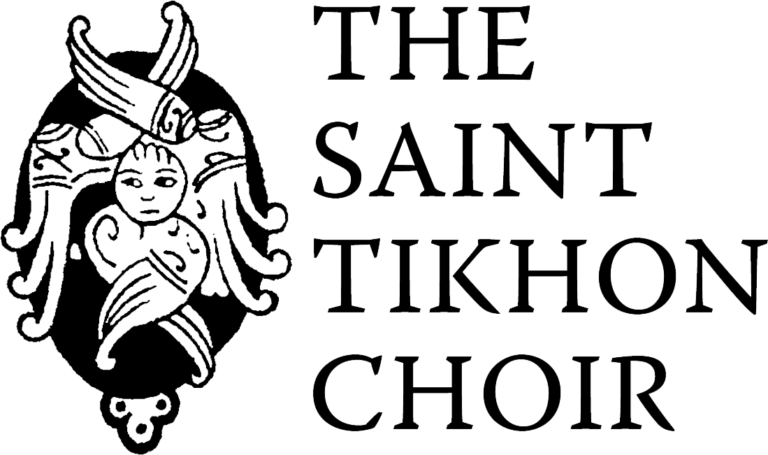September 1, 2020 – By Steven Fox
[medium.com] It was October 27th, 2016, and I had just finished conducting a perforance at the Spaso House in Moscow. Spaso House is the US Ambassador’s residence, a neoclassical building that has been leased to the US government since 1933, and where the likes of Vladimir Horowitz, Mstislav Rostropovich and Leonard Bernstein gave recitals during the Cold War. US Ambassador John Tefft had invited The Clarion Choir to perform there that evening as part of a larger tour, sponsored by the Department of State, to give the Russian premiere of a lost work that had been written in St. Petersburg in 1923: Passion Week by Maximilian Steinberg.
Vladimir Morosan, the editor of Musica Russica publications, joined us on this tour. He had prepared a new performing edition of Passion Week and gave erudite musicological presentations on the work’s history at our performances that week in Moscow and St. Petersburg. In his pre-concert talks, he explained that the piece was never performed during Soviet times because Steinberg completed it just as the Bolsheviks came into power and banned all sacred music in Russia. In 2014, the work was rediscovered in, of all places, the United States. The score had made its way across the globe somehow and ended up in the hands of Russian-American conductor Igor Buketoff and his daughter Barbara Mouk. Passion Week was given its world premiere performance and recording by the fine west coast ensemble Cappella Romana in 2014, and, later in that same year, The Clarion Choir gave the New York premiere of the work and recorded it. Now, it was finally time to return the work to Russia, where it had been written more than 90 years earlier.
In the elegant reception in the Chandelier Room that followed the Spaso House performance, Vlad approached me over a glass of wine. “Steven, I know what your next project needs to be.” “Vlad,” I said, “could you let me enjoy this one for a minute?” He said, “We don’t have very much time. The centenary of the Armistice to World War I is approaching, and I know the perfect piece for you to perform for it.” He described to me a work that was written by Alexander Kastalsky, a student of Tchaikovsky who became the leader of the Moscow Synodal School of Church Singing at the turn of the 20th century. In the years 1914–1917, Kastalsky labored over a Requiem to honor those who died in the First World War. The piece, like so many other Russian sacred works from this period, was never performed in its final version due to the Bolsheviks’ ban on sacred music. Vlad said, “November of 2018 marks the centenary of the Armistice to World War I, and it is time for this work to be heard.”
Vlad and I continued this discussion the following week after we had both returned home. He sent me the score, and I started to plan a performance and recording of it with The Clarion Choir. In November of 2016, at a PaTRAM Institute function, Benedict Sheehan, the director of music of St. Tikhon’s Orthodox Monastery in Waymart, Pennsylvania, approached me and introduced himself. He said that he was working on a project to record an important Russian piece written in honor of those who died in WWI. He asked if perhaps I might be interested in collaborating on the project. I asked him, “What is the piece you are planning to do?” He said, “Kastalsky’s Requiem.” It turned out that Vlad had approached two of his disciples with this idea, hoping that at least one of us would pursue it! It was for the best, because Benedict and I resolved to work together, and it was the start of a collaboration that made the project possible.
Even before we met, Benedict had already been envisioning this project being carried out by a consortium of multiple entities. He had garnered interest from Blanton Alspaugh and the Soundmirror production team to record the premiere of Kastalsky’s Requiem. He had also received a preliminary sign of interest from Charles Bruffy, music director of the renowned Kansas City Chorale, and their executive director Don Loncasty. The Kansas City Chorale already had a tour planned for the fall of 2018, so signing on to the Kastalsky project would mean shifting some of their existing plans. Benedict, Blanton, and I got on a flight to Kansas City. We were poised to make the argument to Charles and Don. We wanted them on board!
